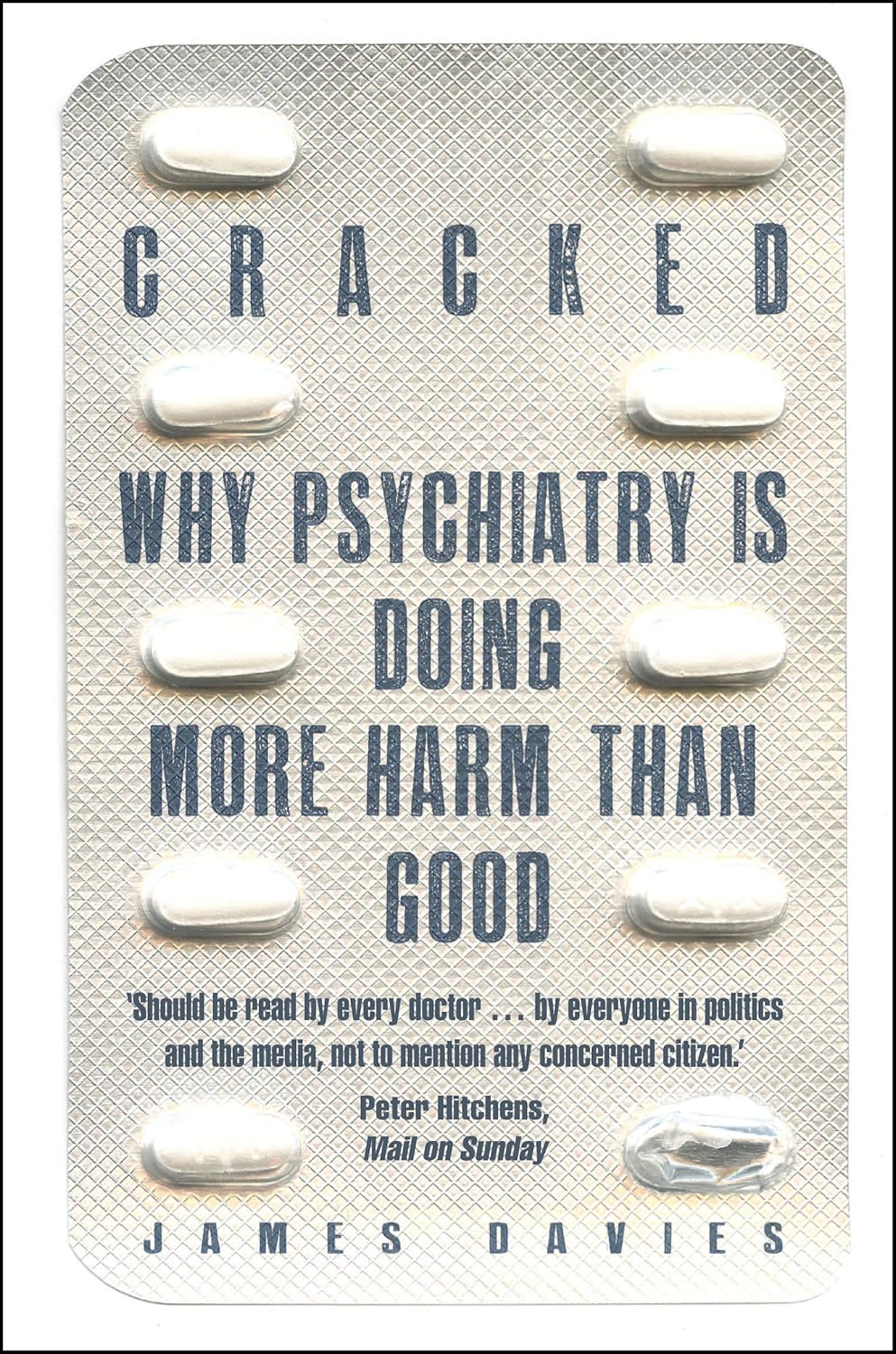About this deal
For myself, the experience of being held in a psychiatric unit was in itself a source of distress, and just being given tablets to cure me was dehumanising. It ignored my very human experiences and suffering. Instead I felt like some sort of broken object, sat waiting to be fixed like a car that needs its spark plugs changing. It’s almost laughable now to think of those endless ward rounds when the psychiatrists would scratch their heads and wonder why my depression hadn’t lifted. But all they would consider doing would be to give me more tablets. I went years without being able to swim in the sea or listen to an orchestra, and I certainly never felt I was treated with respect. I recovered after many years, and countless tablets and treatments, when somebody decided to talk to me and listen. The authors have created a sort of anti-Book of Virtues in this encyclopedic compendium of the ways and means of power. If the authors are serious, this is a silly, distasteful book. If they are not, it’s a brilliant satire. This is an excellent book...(it) careens, almost literally, from one psychiatric outrage to the next...I strongly recommend this book."
Twitter. It’s what’s happening / Twitter Twitter. It’s what’s happening / Twitter
At Roehampton, we provide a wide range of opportunities for you to get involved, through volunteering, playing sport or music, or joining one of our many active student societies. We also have a beautiful parkland campus, in the heart of south-west London. A psychologist and Nobel Prize winner summarizes and synthesizes the recent decades of research on intuition and systematic thinking. The DSM has gone through a number of editions and each time numbers of "new" mental illnesses have been added to the book First of all, I do agree that overdiagnosing and overmedicalisation are problems that should be taken into account. However, I really didn't like the extreme approach in this book, as well as the awfully subjective examples (like interviews, "my neighbor once said" or "this person thinks that his son was misdiagnosed" type of shit) and far-fetched conclusions. I don't think there's a point in blaming the DSM and its creators for causing a wave of overdiagnosing - it's the specialists who are not doing their job correctly or considering the context of problems) and the problem lies with the education and moral principles and the system. The whole part where the author blames the DSM is just so unnecessary - the DSM is already out there and I still think it's better than nothing - the probability of misdiagnosing would be a lot greater if not for the DSM. The utter greed of the bankers who caused the financial crash in 2008 is now mirrored by the greed of big corporations who are raising prices exponentially while wages stagnate. It is that same greed for profits in the pharmaceutical corporations that is failing psychiatry today and all who suffer from the system as patients. The utter corruption we are witnessing today in Government and in big business has also undermined the idea that psychiatry can be trusted to be scientific.This is a very well-written book-intellectually sound, but written in an accessible way...It should be read by all mental health professionals, by all politicians and policy makers charged with shaping future mental health provision"
Cracked - James Davies - Google Books Cracked - James Davies - Google Books
There has been a change in thinking from the 60s and 70s, where psychiatric drugs were seen as altering mood (in the same way as any mind altering drug, including alcohol and street drugs alter moods) A shift occurred to thinking of psychiatric drugs as ‘curative’. This might not seem an important shift – however it goes along with the idea that much uncomfortable, difficult human emotion is now being seen as potentially aberrant and classifiable as a ‘disease’ - as in the DSM – shyness becomes ‘social phobia’. A “thought-provoking” look at the psychiatric profession, the overprescribing of pharmaceuticals, and the cost to patients’ health ( Booklist). Davies seems to side with the view that some form of suffering is natural for humans and the best way to treat it is through social measures or simply managing it. He suggests a path forward for the profession which has four steps: For anyone interested in the sociology of psychiatry and other themes raised in this book, I recommend instead: The first thing you’ll notice is that all the groups actually get better on the scale of improvement, even those who had received no treatment at all. This is because many incidences of depression spontaneously reduce by themselves after time without being actively treated. You’ll also see that both psychotherapy and drug groups get significantly better. But, oddly, so does the placebo group. More bizarre still, the difference in improvement between placebo and antidepressant groups is only about 0.4 points, which was a strikingly small amount. ‘This result genuinely surprised us’, said Kirsch leaning forward intently, ‘because the difference between placebos and antidepressants was far smaller than anything we had read about or anticipated..."
About the Author
Despite the reforms made in the DSM III and subsequent manuals, diagnostic reliability remains a difficulty. Interestingly, I looked up a citation Davies makes to Aboraya, 2006, which he says “showed that reliability actually has not improved in thirty years.”I’m uncertain about how Davies reached that conclusion from this paper, as it clearly states:
 Great Deal
Great Deal 